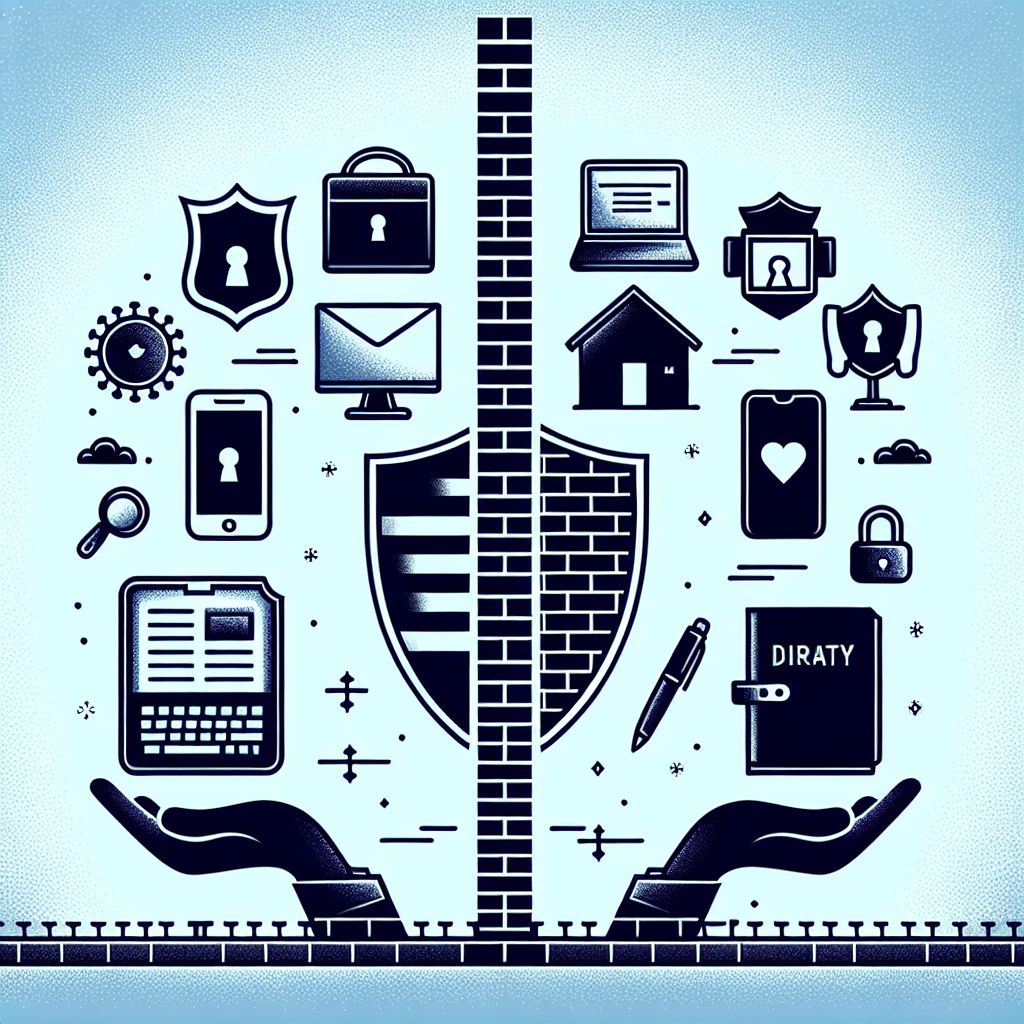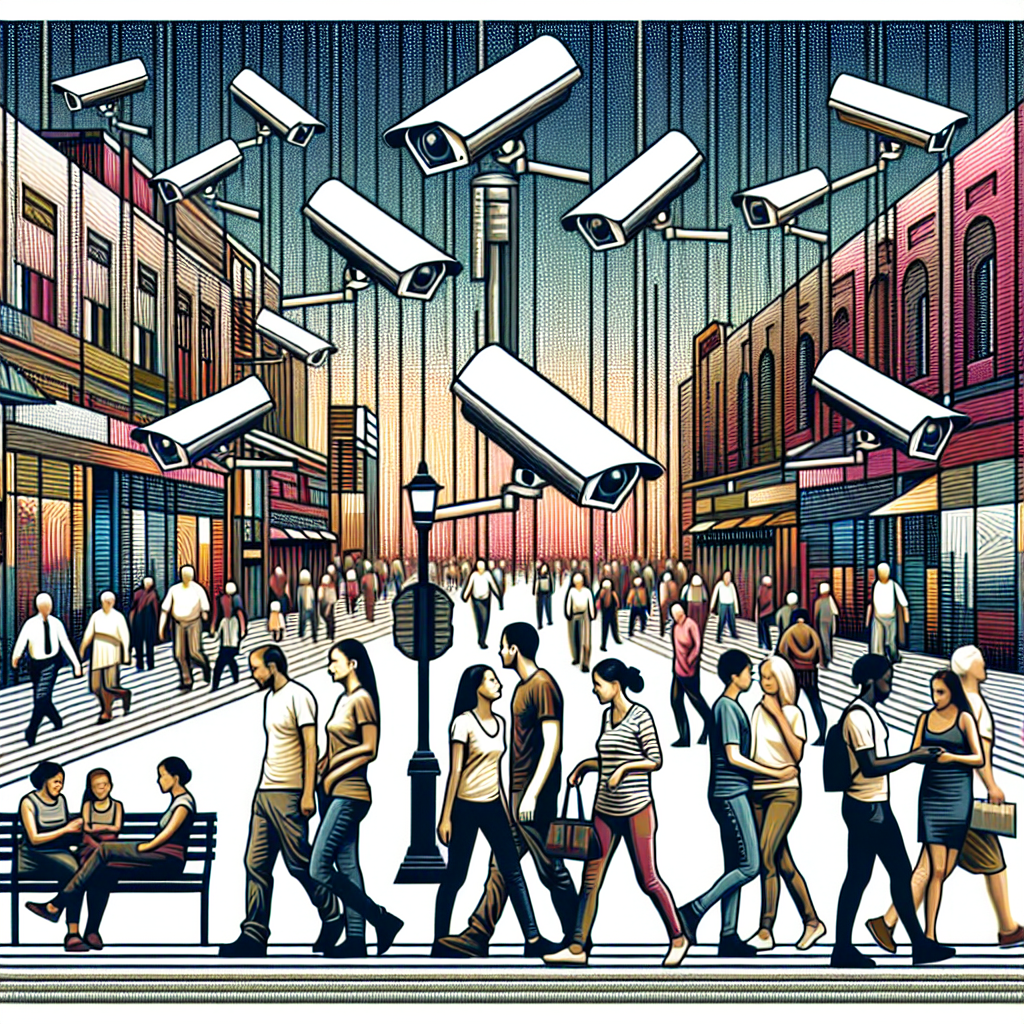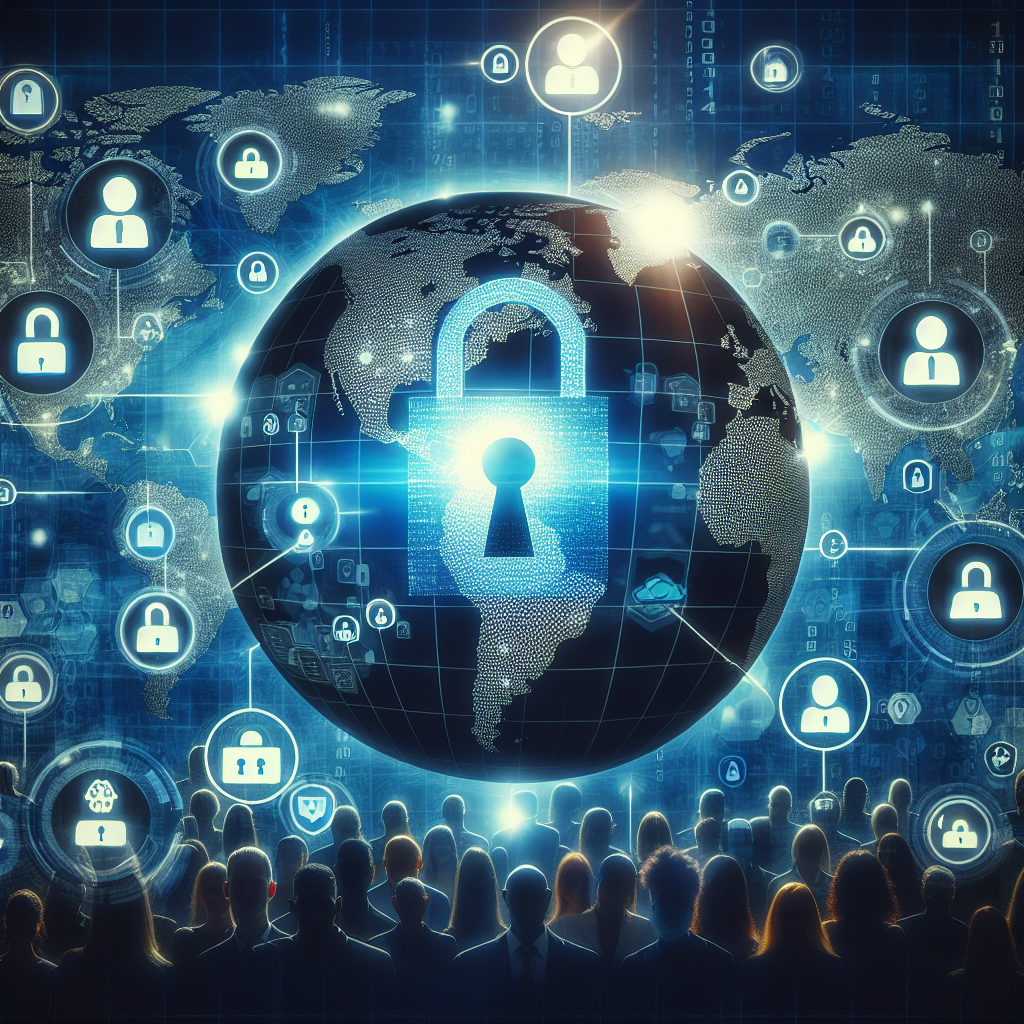The Fine Line Between National Security and Personal Privacy
Understanding National Security
National security refers to the protection and preservation of a nation’s sovereignty, territorial integrity, and national interests. Governments prioritize national security to safeguard against threats ranging from terrorism, espionage, and cyber-attacks to pandemics and natural disasters. As nations adapt to evolving threats, they implement measures such as surveillance, military preparedness, and intelligence gathering to secure their populations.
The Need for Personal Privacy
Personal privacy pertains to the individual’s right to control their personal information and maintain autonomy over their private life. The right to privacy is a fundamental principle enshrined in various human rights declarations worldwide, such as the Universal Declaration of Human Rights. Privacy ensures the dignity, freedom, and security of individuals. Without it, citizens may face unwarranted surveillance, data breaches, and psychological stress stemming from the feeling of being constantly monitored.
The Tension Between Security and Privacy
The dichotomy between national security and personal privacy is a perpetual struggle. On the one hand, nations argue for enhanced security protocols to prevent terrorist attacks or safeguard sensitive information. On the other hand, individuals advocate for their right to privacy, fearing government overreach and the potential abuse of power.
This tension became particularly pronounced post-9/11 when the U.S. government enacted the Patriot Act. The legislation expanded governmental powers for surveillance and intelligence-gathering, sparking widespread debate regarding citizens’ privacy rights and the implications for civil liberties. The implications of this act have been felt globally, as many nations adopted similar measures in the name of national security.
Legal Frameworks Governing Surveillance
Most democracies operate under a framework of laws that attempt to balance the need for national security with individual privacy rights. For example, in the United States, the Fourth Amendment protects against unreasonable searches and seizures, yet exceptions are often made in matters of national security. Courts have grappled with interpreting these legal standards, leading to a complex landscape where various rulings can create precedent for future cases.
In Europe, the General Data Protection Regulation (GDPR) stands as a robust protector of personal data. It emphasizes individual consent regarding data handling practices and mandates transparent communication about any data collection. However, similar to the U.S., security agencies retain specific exceptions in times of crisis, raising questions about the adequacy of these measures.
Technological Advancements
The advent of technology has significantly affected interactions between national security and personal privacy. Surveillance tools such as facial recognition software, encrypted communications, and data mining capabilities have made it easier for governments to monitor their citizens. While these technologies can enhance national security by identifying potential threats, they also risk infringing on citizens’ privacy rights.
The debate surrounding technology is complex. Advocates argue that advanced monitoring can prevent crime and enhance public safety, while critics warn about the dangers of mass surveillance and the potential for misuse by authorities. The effectiveness of these technologies in achieving security objectives versus their impact on personal privacy remains an ongoing concern.
Public Perception and Trust
Public perception plays a critical role in shaping policies around national security and personal privacy. High-profile data breaches, such as the Cambridge Analytica scandal, eroded trust in governments and corporations regarding data protection. Citizens are becoming increasingly aware of how their personal data may be used and shared, demanding transparency and accountability.
Surveys often reveal a paradox in public sentiment: while individuals generally express a desire for stronger privacy protections, many also support security measures if they are reassured about their safety. Striking the right balance is paramount, necessitating ongoing dialogue between governments, privacy advocates, and the public.
Global Perspectives
The conversation around national security and personal privacy isn’t isolated to Western nations. In countries like China and Russia, national security often supersedes individual privacy rights, leading to pervasive surveillance systems. These governments argue that such measures are necessary to maintain stability and political control.
Conversely, countries like Sweden and Finland demonstrate a more privacy-centric approach to governance, enacting robust laws that protect individual rights while maintaining national security protocols. International human rights organizations often pressure nations to uphold privacy standards, creating a global conversation about best practices and legal protections.
The Role of Whistleblowers
Whistleblowers have played a significant role in exposing abuses related to national security practices and the implications for personal privacy. Notable figures like Edward Snowden and Chelsea Manning have revealed extensive surveillance programs, sparking global debates on ethics, legality, and the implications of government secrecy. Their actions have galvanized movements advocating for transparency, reform, and stronger privacy protections.
The Future of Privacy and Security
The evolution of privacy and national security will continue as technology advances and threats change. Governments may develop new frameworks that better accommodate both needs, but this requires active and informed public participation. Policymakers need to engage with citizens, building consensus on acceptable limits to security measures and safeguarding privacy rights.
Furthermore, as artificial intelligence and machine learning technologies continue to develop, ethical considerations about data usage and surveillance will take center stage. These discussions will shape the future landscape of both national security and personal privacy, emphasizing the need for balancing innovation with safeguarding individual rights.
Conclusion: Ensuring Both Security and Privacy
In conclusion, the tension between national security and personal privacy is a complex and multifaceted issue that requires careful consideration and ongoing dialogue. As nations navigate this fine line, the emphasis should remain on transparency, accountability, and the protection of individual rights. Public awareness and advocacy will play significant roles in shaping the future of both security and privacy in our increasingly interconnected world.













Leave a Reply